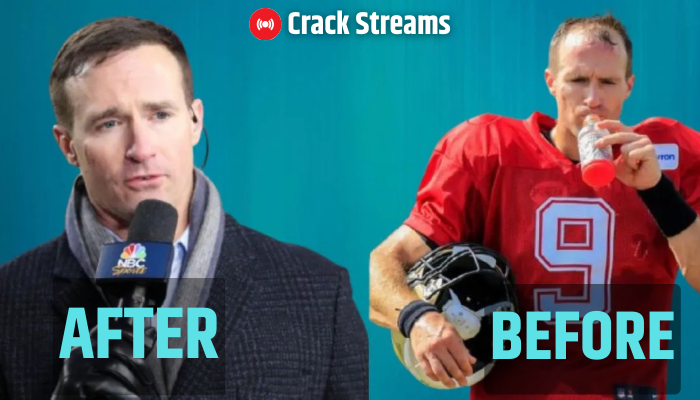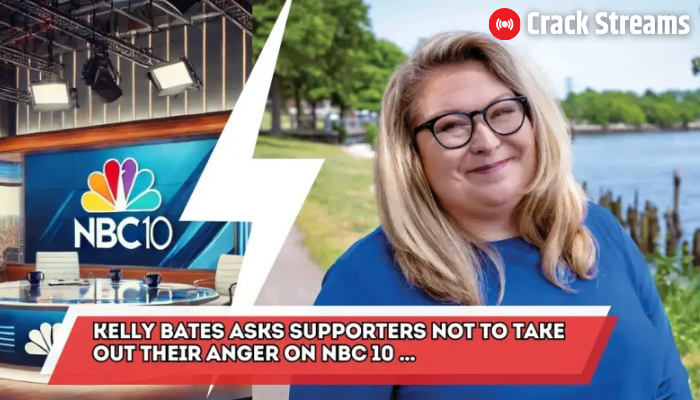Market America Lawsuita Details
Market America, a global e-commerce and multi-level marketing (MLM) company, has faced its fair share of legal challenges over the years. Founded in 1992 by James and Loren Ridinger, the company operates in various sectors, including health, beauty, and wellness products. While Market America has grown significantly, with millions of distributors worldwide, it has also been scrutinized for its business practices.
This article will take you through the details of the lawsuits and controversies surrounding Market America. We’ll cover key cases, allegations, and their implications for the company.
Allegations of Operating a Pyramid Scheme
Market America has repeatedly been accused of operating as a pyramid scheme, a controversial structure in which participants’ income relies more on recruitment than actual product sales. These allegations have been the focal point of several lawsuits.
In 2017, the company faced a major class-action lawsuit filed by two distributors, Chaunjie Yang and Ollie Lan. The plaintiffs alleged that Market America’s business model was deceptive and violated the Racketeer Influenced and Corrupt Organizations Act (RICO). According to the lawsuit, the company promised distributors earnings of over $500,000 annually, but the reality was far different.
The lawsuit also highlighted the financial strain placed on distributors. Participants were required to pay significant startup and monthly fees, ranging from $399 to $129, as well as purchase products and attend costly training seminars. Critics argue that this structure left the majority of distributors in debt, with little to no earnings.
The allegations further claimed that Market America targeted specific immigrant communities, particularly Chinese-American families, exploiting their networks and cultural ties. This targeting raised concerns about the ethical implications of their business strategies.
While Market America denied the allegations, the lawsuit shed light on how MLM companies operate and sparked broader conversations about the legality and fairness of such business models.
Product Liability Lawsuits
Apart from business practices, Market America has faced lawsuits related to the safety and quality of its products. The most notable instance occurred in 2012 when the company was hit with a class-action lawsuit.
This lawsuit alleged that some of Market America’s products contained unsafe levels of lead. Specifically, health and wellness products marketed as beneficial to consumers’ health were under scrutiny. The claims raised significant concerns among distributors and customers alike.
Product liability issues can tarnish a company’s reputation, especially for a business like Market America that relies on trust between distributors and their customers. Allegations about unsafe products can damage the brand’s credibility and lead to significant financial losses.
Though Market America contested these allegations and worked to address concerns, the incident remains a key example of why regulatory oversight is crucial. It also highlights the need for companies to maintain strict quality control measures to avoid similar lawsuits in the future.
Regulatory Scrutiny and Investigations
Market America has also been the subject of regulatory investigations, particularly regarding its marketing and income claims. Organizations such as Truth In Advertising (TINA) have played a role in exposing potentially deceptive practices.
In 2020, TINA conducted a detailed investigation into Market America’s advertising strategies. It found over 450 instances where the company made misleading income claims. These included promises of financial freedom, wealth, and even the possibility of quitting traditional jobs by joining the business.
TINA’s findings highlighted that such claims often relied on anecdotal success stories, which did not reflect the typical experience of distributors. Most participants reportedly earned little to no income, contrary to what was advertised.
As a result of the investigation, Market America removed hundreds of misleading statements from its website, blogs, and social media pages. However, the incident raised awareness about the importance of transparency in marketing and the potential consequences of violating Federal Trade Commission (FTC) regulations.
Regulatory scrutiny continues to be a challenge for Market America and other MLM companies. Compliance with advertising laws is essential to maintain consumer trust and avoid legal repercussions.
Arbitration and Legal Battles
When faced with lawsuits, Market America has often turned to arbitration as a way to resolve disputes. Arbitration provisions are commonly included in distributor agreements, requiring participants to settle conflicts outside of court.
In the 2017 racketeering lawsuit, Market America attempted to enforce these arbitration clauses. The company argued that the plaintiffs had agreed to resolve disputes through arbitration rather than litigation. This approach is a standard practice among MLM companies to minimize public scrutiny and legal costs.
The plaintiffs, however, contested the enforceability of these provisions. They argued that the arbitration agreements were unfair and overly restrictive, limiting their ability to seek justice. This legal battle over arbitration highlighted broader debates about the fairness of such clauses in consumer and distributor contracts.
While arbitration can be a quicker and less expensive method of resolving disputes, critics argue that it often favors corporations over individuals. This dynamic can discourage participants from pursuing legitimate claims.
Market America’s Response to Allegations
Market America has consistently denied allegations of wrongdoing. The company maintains that it operates a legitimate business model based on product sales rather than recruitment.
In response to lawsuits and regulatory investigations, Market America has taken steps to improve its practices. For example, after the TINA investigation, the company revised its marketing materials to align with FTC guidelines. It has also emphasized the importance of distributor training and education.
Market America’s leadership often highlights its success stories and charitable initiatives as evidence of the company’s positive impact. They argue that the lawsuits represent isolated incidents rather than systemic issues.
Despite these efforts, public perception of the company remains mixed. While some distributors praise Market America for its opportunities, others remain critical of its business practices and legal history.
Conclusion
Market America’s legal challenges provide important lessons about the complexities of running a multi-level marketing business. From allegations of operating a pyramid scheme to product liability concerns and regulatory scrutiny, the company has faced significant hurdles.
These lawsuits and investigations underscore the importance of ethical business practices, transparency, and compliance with legal standards. As Market America continues to navigate its path forward, the spotlight remains on how it addresses these issues and rebuilds trust among distributors and customers.
For potential distributors or customers, it’s crucial to research and understand the risks and rewards of engaging with any MLM company. Awareness and informed decision-making are key to avoiding pitfalls and ensuring a positive experience.







